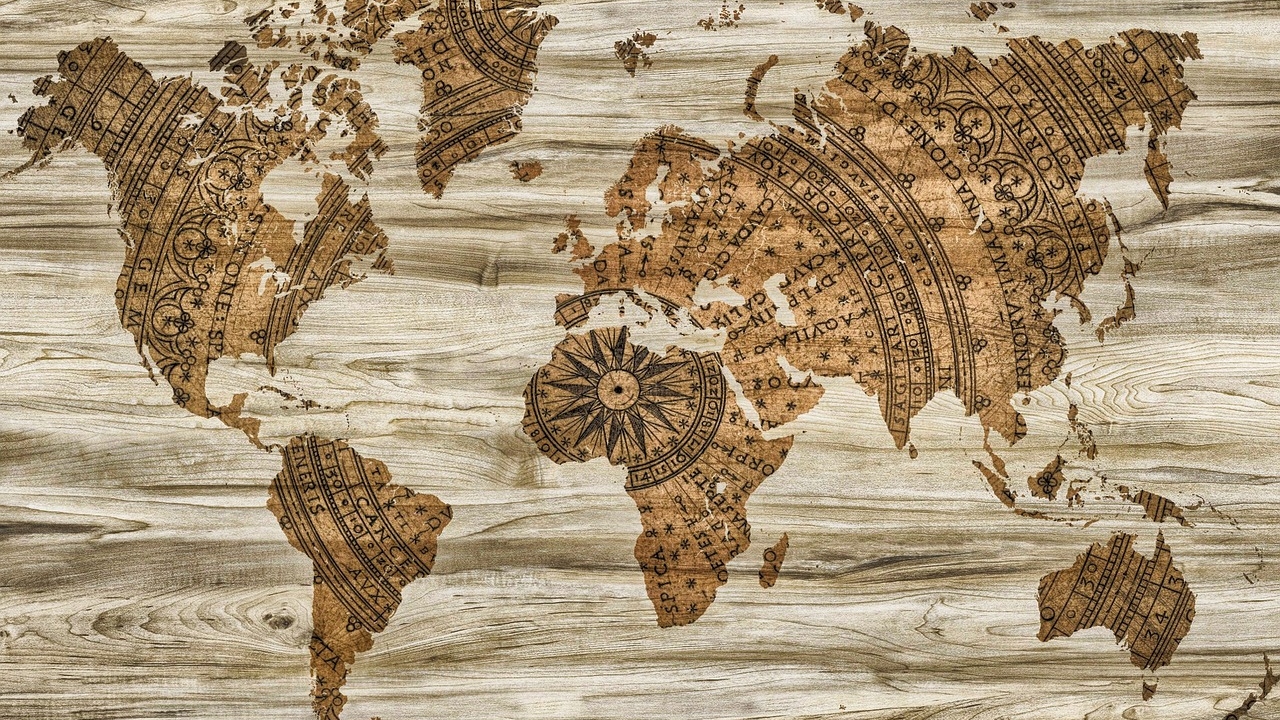
MAP MAKER
Map Maker
"Maps gave them control over their surroundings, for the first time ever. It showed how to get from one place to another...
All maps are drawn as though looking down. From a bird’s point of view. From their god’s point of view. Imagine being the first person to think of that. To be able to wrap their minds around a perspective they’d never seen. ...think of the advantage.”
"As a tactical tool, they were revolutionary and second to none. They would give whoever possessed them an insurmountable advantage. They would be magic."
“It meant they could plan, they could strategize. “They could see into the future. Where they were going. And what they’d find. The tribe, the nation, the enterprise with the most accurate maps won.” (from A Great Reckoning by Louise Penny)
What does a map maker do but study the lay of the land.
Understanding the contours, the elements, the hazards, the linkages.
Path finder.
Explore the options.
Establish path of least resistance.
Not always the most direct route.
Hone in on the one thing that will make the difference.
Trust that after the first step, the next one will show itself.
Act as a guide.
Assess, strategize and make recommendations.
Competitive Advantage.
The Unique Value of Maps and the map maker
I think the single best description I've found of a map maker comes from Louise Penny's book, A Great Reckoning (pgs. 193/194)
“"….maps are magic."
“Magic?”
“Yes. They’ve become so mundane we’ve forgotten that. They transport us from one place to another. They illuminate our universe. The first maps were of the heavens, you know. What the ancients could see. Where their gods lived. All cultures mapped the stars. But then they lowered their sights. To the world around them.”
“Why?”
“ahhh, monsieur,” nodded Charpentier with approval and growing excitement. “Exactly. Why. And how? It seems easy, now, but can you imagine the first person who figured out how to represent something three-dimensional in two dimensions? How do you draw distance and time? And why go through the trouble? It’s not like they didn’t have enough to do. So, why did they create maps?”
“Necessity,” said Gamache.
“Yes, but what drove that necessity?’
Gamache thought about it.
“Survival?”
“Exactly. Maps gave them control over their surroundings, for the first time ever. It showed how to get from one place to another. It sounds simple now, but thousands of years ago it would have been an incredible feat of imagination and imagery. All maps are drawn as though looking down. From a bird’s point of view. From their god’s point of view. Imagine being the first person to think of that. To be able to wrap their minds around a perspective they’d never seen. And then to draw it. Incredible. And think of the advantage.”
Gamache had never in his life thought of these things, but now he understood how a master tactician would revere maps. As a tactical tool, they were revolutionary and second to none. They would give whoever possessed them an insurmountable advantage.
They would be magic.
“It meant they could plan, they could strategize,” said Charpentier. “They could see into the future. Where they were going. And what they’d find. The tribe, the nation, the enterprise with the most accurate maps won.”
